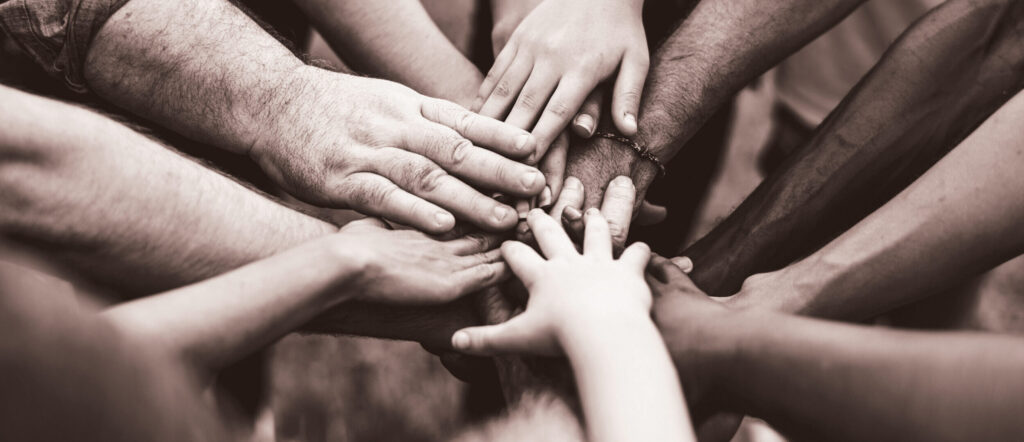When Nonprofits Are For-Profit: The Hidden Cost to Victims and Communities

Introduction
Nonprofits are often viewed as the champions of society, addressing gaps in government services and providing critical support to those in need. But what happens when these organizations fail the very people they claim to serve? Worse yet, what happens when nonprofits prioritize profit, reputation, or personal gain over transparency, accountability, and justice?
As someone who sought help during a deeply traumatic period in my life, I’ve seen firsthand how nonprofits funded by public dollars can operate in ways that harm victims and betray public trust.
Nonprofits Receiving Public Funding But Failing Victims
Nonprofits often receive state, federal, and even local funding to provide essential services to victims of trauma, abuse, and other crises. However, my experiences have raised troubling questions about whether these organizations prioritize the well-being of the individuals they are supposed to serve.
- Rape Crisis Centers Failing Survivors:
When I turned to a local rape crisis center for help, I hoped they would stand by me in seeking justice. Instead, they refused to provide critical information about my assault—information that could have helped prove my case. Despite receiving funding from the City of Lakeland, the state, and federal programs, their refusal to assist me highlights a disturbing reality: some nonprofits prioritize their institutional interests over aiding victims.
The Cost to Vulnerable Populations
These issues extend beyond individual experiences to systemic failures affecting entire communities. Non Profit organizations that claim to serve vulnerable populations often operate with minimal oversight, leaving those they serve at risk of exploitation or neglect.
- Exploitation of Public Trust:
These organizations often benefit from substantial public funding and generous donations, but without adequate accountability, the funds can be misused, and the intended beneficiaries may see little to no improvement in their circumstances.
When Nonprofits Serve Themselves
The problem lies in the lack of oversight and accountability. Nonprofits can become highly lucrative ventures, funded by government grants, donations, and other streams of revenue. But without proper checks and balances, these funds can be misused or misdirected, leaving victims and vulnerable populations to suffer.
The Consequences of Speaking Out
Victims and whistleblowers often remain silent, not because they lack evidence, but because they fear the consequences of confronting powerful entities. Nonprofits with significant community influence and government funding can intimidate those who dare to expose their misconduct, creating a culture of silence and complicity.
Call to Action: Demand Accountability
- Greater Oversight:
Local, state, and federal agencies that fund nonprofits must implement stricter oversight mechanisms to ensure these organizations are serving their intended purposes. Regular audits, independent investigations, and transparent reporting are essential. - Whistleblower Protections:
Victims and advocates who expose wrongdoing within nonprofits need robust legal protections to shield them from retaliation. - Community Advocacy:
Communities must take an active role in holding nonprofits accountable. Donors and taxpayers have the right to demand transparency about how funds are used and whether the organization’s practices align with its stated mission.
Conclusion
When nonprofits fail to serve the people they claim to help, it isn’t just a betrayal of trust—it’s a perpetuation of harm against those who are already vulnerable. Survivors, individuals experiencing homelessness, and the underserved deserve better. They deserve organizations that will fight for them, not exploit them.
This is a call to action for all of us: to demand better oversight, transparency, and accountability from nonprofits in our communities. Because when nonprofits become for-profit, the victims suffer, and the entire community pays the price.
